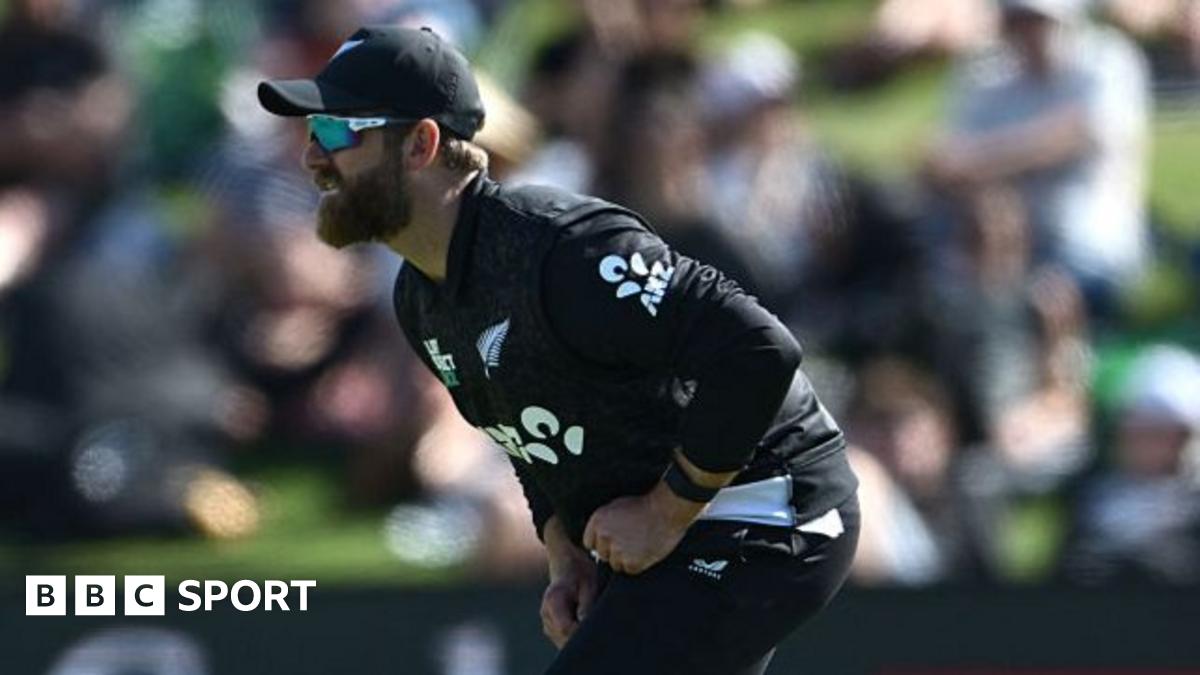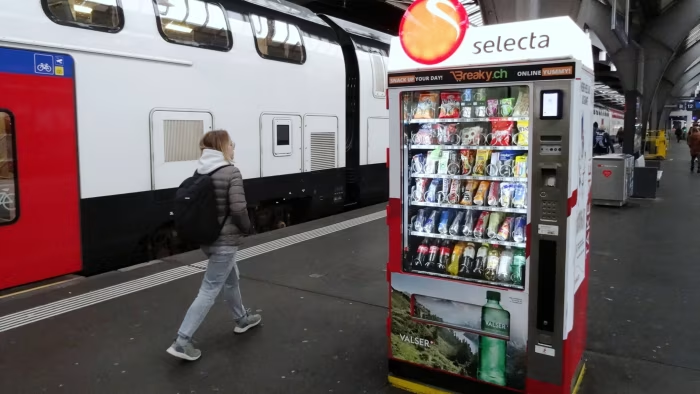- IMC posts Rs6.7bn profit after tax Business Recorder
- Indus Motor profit after tax jumps 32% in 1QFY26 Business Recorder
- Indus Motor rewards shareholders with Rs51/share dividend in 3MFY26 Mettis Global
- Toyota Indus Reports 48% Increase in Sales in First Quarter FY2026 Pakwheels
- Indus Motor profit surges 32% in 1QFY26 newztodays.com
Blog
-
IMC posts Rs6.7bn profit after tax – Business Recorder
-

Huawei Mate 70 Air poster leaks, here are the rumored specs
Motorola recently got into the slim smartphone game with the X70 Air in China (and this is going to be launched internationally as the Edge 70), and next up is Huawei. The Mate 70 Air is expected to become official next month, and ahead of…
Continue Reading
-

Grab a Pair of Beats Studio Pro Headphones With 1 Year Warranty for Just $99.99 at Woot
For three days only or until supplies last, Woot (owned by Amazon) is offering an incredibly low price on Beats’ flagship headphone. You can pick up a pair of Factory Reconditioned Beats Studio Pro wireless noise canceling headphones that…
Continue Reading
-

New Zealand vs England LIVE: Second ODI, Hamilton – cricket score & updates
Line-upspublished at 01:06 GMT
New Zealand: Will Young, Rachin Ravindra, Kane Williamson, Daryl Mitchell, Tom Latham (wk), Michael Bracewell, Mitchell Santner (c), Nathan Smith, Zak Foulkes, Blair Tickner, Jacob Duffy
England: Jamie…
Continue Reading
-

Microbial Imbalances, Structural Changes Linked With Olfactory Dysfunction in MS
A new observational study published in
Annals of Clinical and Translational Neurology reports that olfactory dysfunction, one of the more common yet underrecognized symptoms ofmultiple sclerosis (MS) , may reflect microbial changes in the nasal…Continue Reading
-

Woodrow Wilson Fellow Angelina Dong’s chemo-induced peripheral neuropathy research
In an interview with The News-Letter, sophomore Angelina Dong recounted her experiences as a Woodrow Wilson Undergraduate Research Fellow at the Hoke lab under Dr. Ahmet Hoke at the Hopkins School of Medicine….
Continue Reading
-

CE mark for India-made AI for screening TB in toddlers
CE mark for India-made AI for screening TB in toddlers | Mobi Health News
Skip…
Continue Reading
-

‘Last-ditch push’: Pakistan-Afghanistan talks falter amid deep mistrust | Taliban News
Islamabad, Pakistan – After three days, talks between Pakistan and Afghanistan in Istanbul, aimed at ending a tense and violent standoff between the South Asian neighbours, appeared to have hit a wall in Istanbul on Tuesday.
Mediated by Qatar…
Continue Reading
-

AI-powered LifeClock forecasts diseases years before symptoms appear
Using transformer-based AI, scientists created a full life-cycle biological clock that predicts future disease risk and uncovers the separate biological rhythms of growth and aging.
Study: A full life cycle biological clock based…
Continue Reading
-

Hedge funds invoke antitrust laws in new frontier of distressed debt wars
Unlock the Editor’s Digest for free
Roula Khalaf, Editor of the FT, selects her favourite stories in this weekly newsletter.
Hedge funds have adopted a new tactic in the distressed debt wars, arguing in a New York lawsuit filed on Tuesday that heavy-handed deals violate US anti-monopoly and cartel laws.
Manulife’s CQS, Algebris Funds and Deltroit Asset Management claim they were cut out of a deal that handed a group of other similarly situated bondholders disproportionate economic benefits in a debt restructuring earlier this year.
The lawsuit, which relates to the recent restructuring of Swiss vending machine operator Selecta, represents the first time that competition law has been invoked as an alleged charge of wrongdoing in the increasingly fractious realm of distressed debt litigation.
The claimants allege that a so-called co-operation agreement struck between the majority bondholders — a group that included Invesco, Man Group, Strategic Value Partners and Diameter — was specifically designed to keep the bulk economic benefits of a bond exchange from those not invited to join.
According to the complaint, the bonds currently held by the majority group trade at more than 70 cents on the dollar while the minority group has paper trading at half that level.
“The co-operation agreement is a classic example of an anti-competitive and collusive agreement between competitors . . . to control the price for Selecta Group BV’s first lien debt”, the complaint said. It alleged the agreement violated the federal Sherman Act and the New York state Donnelly Act.
So-called non pro-rata debt restructurings, where lenders or bondholders holding equally-ranked paper get different payouts, have proliferated in the US over the past decade. But only in recent years have European companies attempted such manoeuvres.
The Selecta deal drew attention this year among analysts and investors for what was believed to be one of the most complex and aggressive bond exchanges in recent memory.
Selecta, which was previously owned by KKR, had sought a solution to upcoming maturities in a near €1.5 debt stack it could not pay off.
The majority bondholder group used Dutch law on distressed disposals to take control of Selecta, and then offered a coercive bond exchange to the smaller holders.
That offer presented the smaller holders with a choice to either keep their existing paper, but pushed to the bottom of the creditor hierarchy, or take new senior paper which gave the majority group the ability to strip covenants and other protections ahead of potential future transactions through which the majority group could extract even more benefits.
Litigation over non-pro rata debt exchanges has typically centred on contract or securities law, which generally requires unanimous or supermajority approval within a class of creditors to change debt terms or execute a refinancing transaction.
Theories about how competition law may apply in intra-class disputes have surfaced in recent debates between academics and advisers.
However, those had focused on circumstances where a debtor company declared that a creditor co-operation agreement was anti-competitive, not a dispute between creditors as with Selecta.
The plaintiffs, who have separately alleged the restructuring violated contractual provisions of the bond indenture that required 90 per cent support for the deal, are requesting damages.
Samir Parikh, a law professor at Wake Forest University in North Carolina, expressed scepticism about the chances of success of the minority bondholder’s claims, but said that such a lawsuit was predictable.
“Parties resorting to antitrust law is unsurprising given the strong desire to undermine co-operation agreements and the relative ineffectiveness of other levers that have been pulled to date.”
Continue Reading